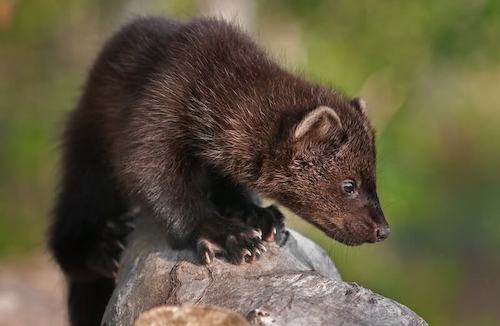
This article discusses the changing values of Americans towards wildlife management. Traditionally, wildlife management has focused on consumptive uses, such as hunting and fishing, to control populations. However, as public values have shifted, there is increasing demand for more wildlife protection. This has led to conflict between fish and wildlife agencies, who are responsible for managing wildlife populations, and the public, who want to see more animals protected.
The article cites a study by researchers at Colorado State University and The Ohio State University, which found that a majority of Americans want to enhance conservation without exploiting animals. The study also found that people are more likely to support wildlife management practices that are ethical and do not give hunters an unfair advantage over animals.
The article concludes by calling on fish and wildlife agencies to adapt to changing societal values and focus on conservation rather than exploitation. It also suggests that agencies should work with the public to develop management plans that are supported by the majority of people.
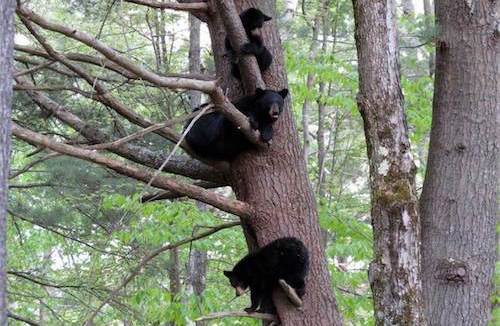
Hounding is a hunting method that uses dogs to track and chase bears.
While legal in New Hampshire, there are concerns about its impact on bears and other wildlife.
Critics of hounding argue that it is cruel to bears, as it can cause them stress, exhaustion, and even death, particularly during the warm months of summer.
Hounding can lead to bears trespassing on private property, as dogs can chase bears onto land that is posted. Hounding can disturb other wildlife, such as deer and moose.
The author of the article calls on New Hampshire to ban hounding, arguing that it is inhumane and violates the ethics of “fair chase”.
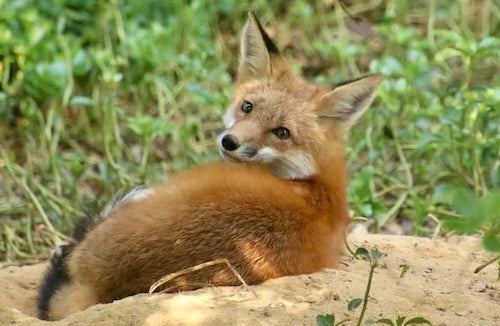
The article argues that the New Hampshire Fish and Game Department has not done enough to study the value of furbearing predators. The author, an ecologist, states that predators play a crucial role in the health of natural ecosystems, and that the department’s long hunting seasons and lack of mandatory reporting requirements make it difficult to assess the true impact of predator hunting on New Hampshire’s wildlife.
The author cites several studies that have shown the benefits of predator populations. For example, predators can help to control the populations of herbivores, such as deer, which can overgraze and damage forests. They can also help to reduce the spread of diseases, such as Lyme disease, by preying on rodents that carry the disease.
The author concludes by calling on the Fish and Game Department to do more to study the value of predators and to develop policies that protect them.
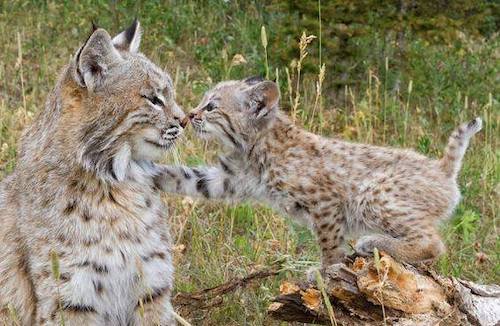
This letter criticizes the New Hampshire Fish and Game Department’s management of certain predators, such as coyotes and foxes.
Bosworth argues that the department’s management is not based on sound science and does not take into account the impact of these predators on the health of the ecosystem. He also argues that the department’s management is inconsistent, with some predators being managed more aggressively than others.
Bosworth concludes by calling on the department to adopt a more science-based approach to predator management.
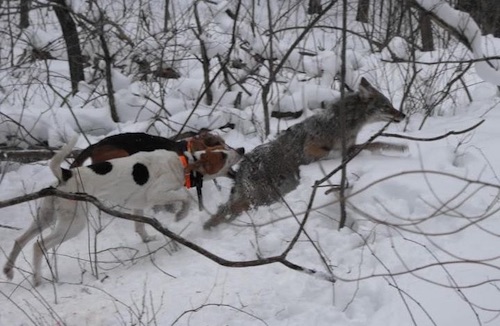
“Hounding Wildlife” by Christine Schadler discusses the practice of using packs of hounds to chase coyotes to exhaustion and then kill them.
The author argues that this practice is cruel and inhumane, and that it is akin to dog fighting. She points out that New Hampshire Fish and Game rules do not put any limits on the number of coyotes that can be killed in this way, and that one hunter recently bragged about having killed 100 coyotes in a single year.
The author concludes by calling on the state to ban this cruel and unnecessary practice.
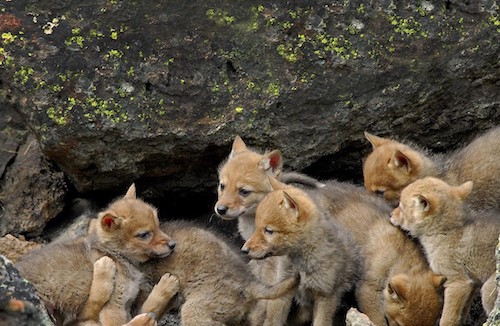
Controversy surrounds the current practice of sharpshooters actively culling coyotes in Nahant. Critics argue that the town has not done enough to educate the public and find humane solutions to the problem, while others support the decision to take action against the coyote population.
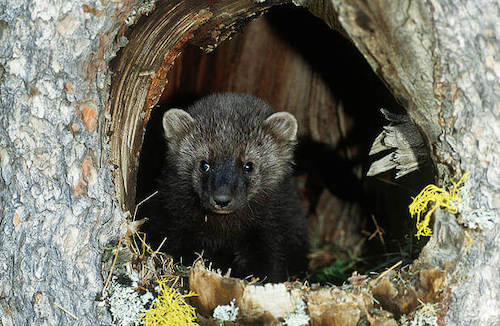
ALBANY, NY – New York legislators passed a bill (S.4099/A.2917) to ban cruel and ecologically destructive wildlife killing contests in New York—events in which participants compete for cash and prizes by killing the most, largest, or smallest of targeted wildlife species including coyotes, foxes, squirrels, and raccoons.
The bill now heads to the desk of Governor Kathy Hochul for signing into law.